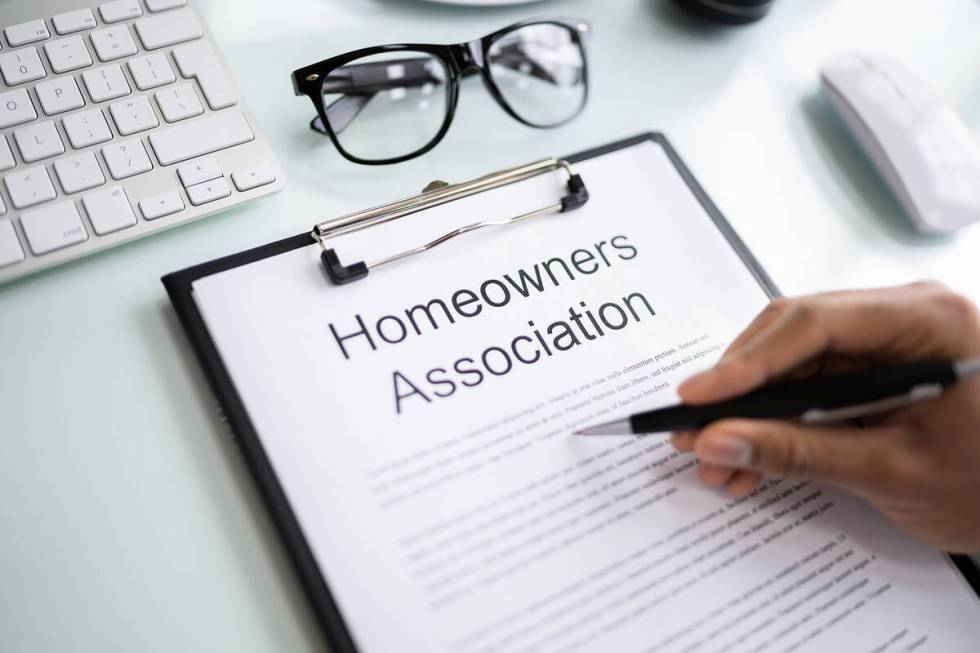Does prayer belong in the HOA volunteer group?

Q: A volunteer organization within a large homeowners association has a monthly meeting that begins with an invocation. Some time ago when some members objected, a vote was taken and the prayer remained. Recently, it has been established that this organization is a division of the HOA management, unlike the community clubs and other volunteer groups. I suspect that other HOA department meetings do not start with prayer (maintenance, fitness, food and beverage, publications). Are there any statutes regarding prayer at an HOA department meeting? Does being made up of volunteers make a difference?
A: This is a sensitive issue and one that involves constitutional rights. Ultimately, those unit owners who object to the invocation at a volunteer organization’s meeting could take this matter to the courts. There are other issues as to the relationship with the volunteer organization and the association’s governmental organization under the covenants, conditions and restrictions pertaining to committees, clubs, etc.
I leave this battle to the attorneys and the courts.
Q: My Henderson homeowners association has an addendum to its Architectural Review Committee request form, which requires the homeowner to notify his/her neighbors about planned exterior changes to their home and obtain acknowledgement from adjacent neighbors that they have no objection. This is typically done before the ARC request is sent to the board.
We have been informed this week by our management company that ARC requests are a confidential matter between the HOA and the individual homeowner and, therefore, our neighbor consent addendum to the ARC request form violates Nevada statute.
Do you have any insight as to the state’s guidance on neighbor consent?
A: A number of years ago, Nevada Revised Statutes 116.31175 was amended. Under subsection 4b, any architectural plan or specification submitted by a unit owner to the association during an approval process was considered an exception to the law requiring availability of records and information to other homeowners.
Though there are associations that still have regulations that would require an architectural request obtain acknowledgment from the adjacent neighbors, many management companies and their boards no longer require this procedure because of the privacy issue under section 4b.
Q: A Las Vegas community is seeking to change the CC&Rs by lowering the threshold from 70 percent of owners to 50 percent of owners to make changes. I am concerned that if the court grants this modification, many communities will seek variances for their CC&Rs.
What do you think?
A: The law has been on the books for some time. NRS 116.21175 is the procedure for seeking confirmation from the District Court to amend certain sections of the declaration, (CC&Rs). It is a very specific process. One of the requirements is that in a single-class voting structure, more than a majority of the total number of votes allocated to the single class in favor of the amendment.
Your association would have to file a petition to the court and must contain sufficient information specifying the actions that have been taken to obtain the number of votes required to approve the amendment under the declaration and whether those actions have conformed with the procedures set forth in the declaration. In addition, the amount of time that has been allowed for the homeowners to vote on the amendments, the number and percentage of the affirmative votes required to approve an amendment and the number and percentage of affirmative and negative votes actually received with regard to the amendment.
The petition to the court must also include exhibits of the governing documents, complete text of the amendment and a statement explaining the need for the amendment and its purposes and objectives and all notices and materials used in an effort to persuade the unit owners to approve the amendment.
When the court receives the petition, it shall set the matter for hearing. The notice of the hearing must be given to all of the unit owners. The notification of the hearing must meet other requirements under the law.
The law was passed in 2005 because many association’s governing documents had impossible requirements to obtain when amending their declarations. One association that I managed years ago required 90 percent approval for changes. To change your declarations is not an easy process. It is time-consuming, and the petitioner must demonstrate to the court that the association has attempted to persuade the membership to approve the changes, in detail. The specific notification requirements allow unit owners that approve or disapprove to join in with the hearing to discuss their positions with their legal counsels.
There was a legitimate reason for this law. I have no knowledge of how many associations have used this mechanism for changes.
Barbara Holland, CPM, CMCA, is an author, educator and expert witness on real estate issues pertaining to management and brokerage. Questions may be sent to holland744o@gmail.com.